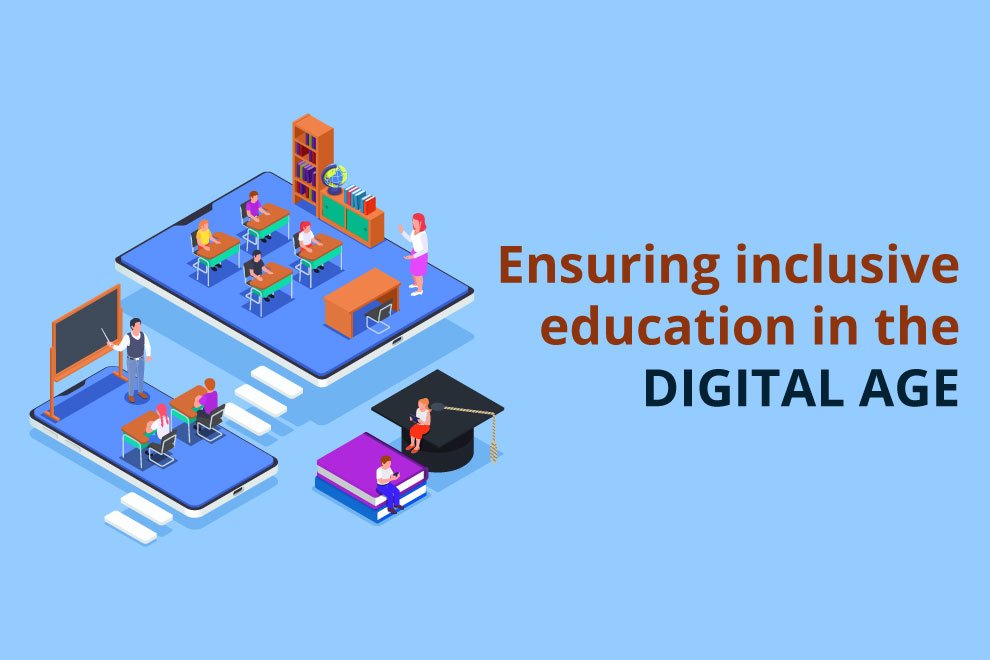It’s the role of policymakers, schools and educators in the UK to work together to ensure that all students have equal access to quality and inclusive education, regardless of their background or location.
The world is changing thanks to developments in today’s digital age, but education is also undergoing a significant transformation to reflect the needs of the future. Online learning platforms, educational apps and remote teaching are influencing the way children are taught, but they’re also posing new challenges to the standards of education in this country.
Defining the digital divide
The digital divide is a term being used to describe a pressing issue in education where a pupil’s access to education and potential for development is dependent on their ability to access the internet.
The situation has certainly improved over recent years with a reported 99% of children now having access to the internet at home. However, the issue runs deeper than simply being able to get online. Questions are being asked about access to devices with the appropriate connectivity, in and out of school, as well as the division of devices in the classroom where there aren’t enough for everyone to have their own.
Impacts on learning
Digital division undoubtedly has had an impact on some children’s ability to learn and continues to do so. Development can be stunted when some pupils don’t have the same level of access to online learning portals as other more privileged students.
Relationships between classmates can also be influenced and learning experiences determined by differences between family environments. In a system where education should be equal for all, access to the tools and resources needed to make that happen should be equal too – but it’s so often not.
Strategies for inclusive education
There’s plenty to be done at the highest levels of policymaking and in individual classrooms to ensure that children receive a consistent level of education, regardless of their access to technology.
Digital literacy and online skills are some of the most important to develop for this generation because the world they enter will ultimately need them to thrive. Future job roles utilising CAD software, artificial intelligence and other revolutionary technology will only grow in number and the employment market needs candidates with the right skills and knowledge.
Schools and educators must look to upskill themselves in technology-assisted learning methods and continue to train on how to effectively provide digital learning to all pupils in and out of a classroom environment.
The government could also look to forge some progressive relationships with tech companies to implement community programs aimed at levelling the playing field. The more devices provided to schools and students, the more inclusive education is likely to be.
ALSO READ: 7 Ways To Accelerate Digital Learning










